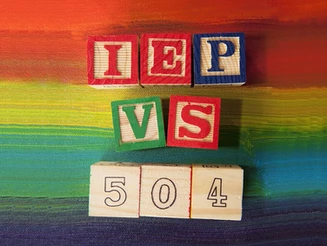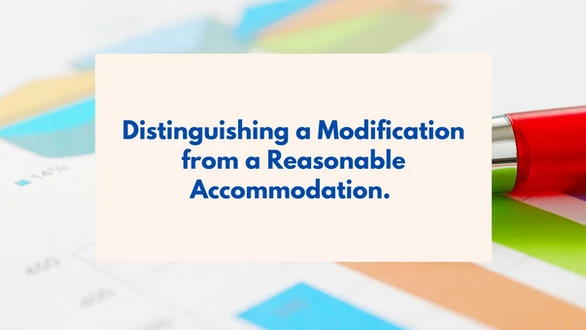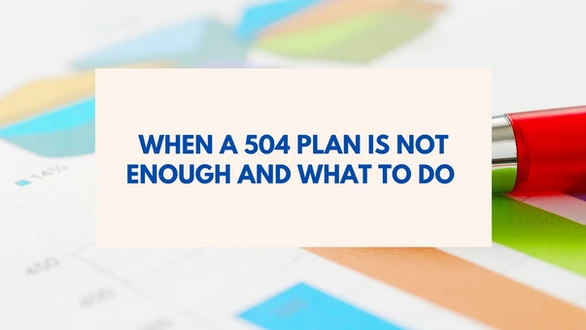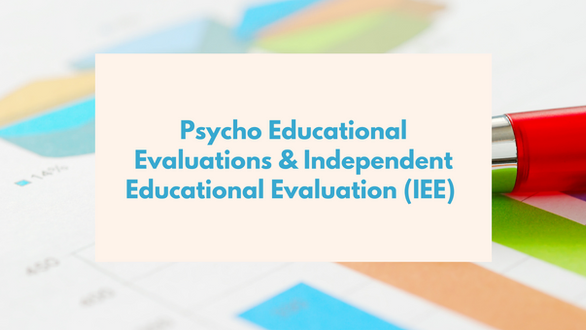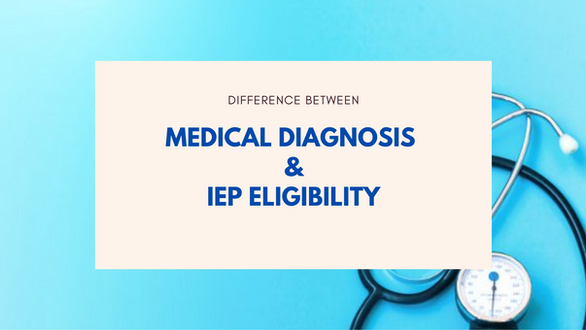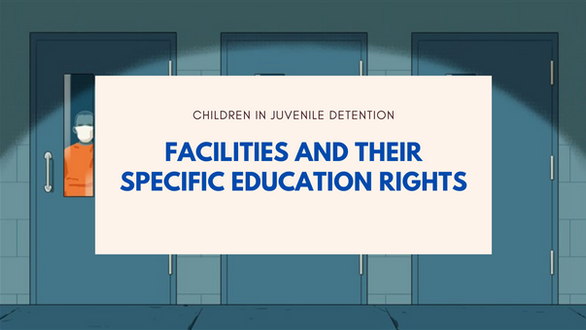Getting a public education is a right that every child should have, no matter what physical or psychological issues he or she may be facing. Individual Education Plans (IEPs) and Section 504 Plans both provide formal assistance for students with learning and attention issues, but there are significant differences between these two plans. In this article, we will explore these differences in order to determine the best plan for your child. Section 504 is a broad, federal civil rights law that protects all individuals with a disability. Essentially, students who qualify under Section 504 must have a 504 plan that outlines how children with disabilities can have access to learning at school just like non-disabled children do. The Individuals with Disabilities Education Improvement Act (IDEA) only applies to students (between three and 21 years of age) who need special education because they have one of the 13 specified types of disabilities: • autism • deaf-blindness • deafness • emotional disturbance • hearing impairment • intellectual disability • multiple disabilities • orthopedic impairment • other health impairment • specific learning disability • speech or language impairment • traumatic brain injury • visual impairment (including blindness) Students who qualify under the more stringent IDEA will have an Individualized Educational Plan (IEP), which is designed to enhance the child’s special education experience at school, rather than a Section 504 plan. According to Robert Wells, Ph.D., who works in the Bureau of Special Education in the New Hampshire Department of Education: If a student is determined by the school district’s evaluation team to be eligible for special education and related services under the Individuals with Disabilities Education Improvement Act (IDEA), that “trumps” a Section 504 plan. A school district has no flexibility to opt to provide services and accommodations under Section 504 when the student is IDEA eligible (see Yankton Sch. Dist. V. Shramm, 24 IDELR 704 (8th Cir. 1996). Further, a student with a disability, who is IDEA eligible, is also covered by Section 504. All children on IEPs have been identified as having a disability and therefore cannot be discriminated against because of their disability under the Vocational Rehabilitation Act of 1973 (Section 504). All students with IEPs and all students on 504 plans are covered by this civil rights legislation. If a student is on an IEP with related services, there is no service or therapy that could not appropriately be attached to the IEP. The same is true of a Section 504 plan, if the student is in need of supports and services and qualifies under Section 504 and is in need of accommodations [but is not found eligible for special education under the IDEA], any service or support that the team determines is needed as an accommodation can be on the student’s 504 plan. Supports and services appropriate to a student on a 504 plan are “auxiliary aids and services.” On an IEP the supports and services are called “related services” (e.g., OT, PT, SP/L, Counseling, etc.). There are no categorical restrictions as to what supports and services might be appropriate on an IEP or a 504 accommodation plan. In other words, a statement such as “Oh, you can’t get that service on a 504” would be incorrect and inappropriate because all supports and services are determined based upon the individual need(s) of the student, whether he/she is eligible for special education or for accommodation(s) under Section 504. A student cannot have both a 504 plan and an IEP. If the student is eligible for special education, that’s what he/she gets and all the supports and services needed must be provided as related services attached to the IEP. Additionally, the parent cannot opt for a 504 plan if the student is eligible for special education, since the school is required to provide an IEP to a student who is eligible for one because of the greater rights and entitlements under the IDEA than under Section 504; a school district must comply with more procedural requirements and formalities under the IDEA. Parents and local school districts should understand the best special education plan for their children in order to provide the best formal education possible. If the child is determined to possess a disability and is eligible for special education, do not hesitate. Find out the best education plan by contacting me.

